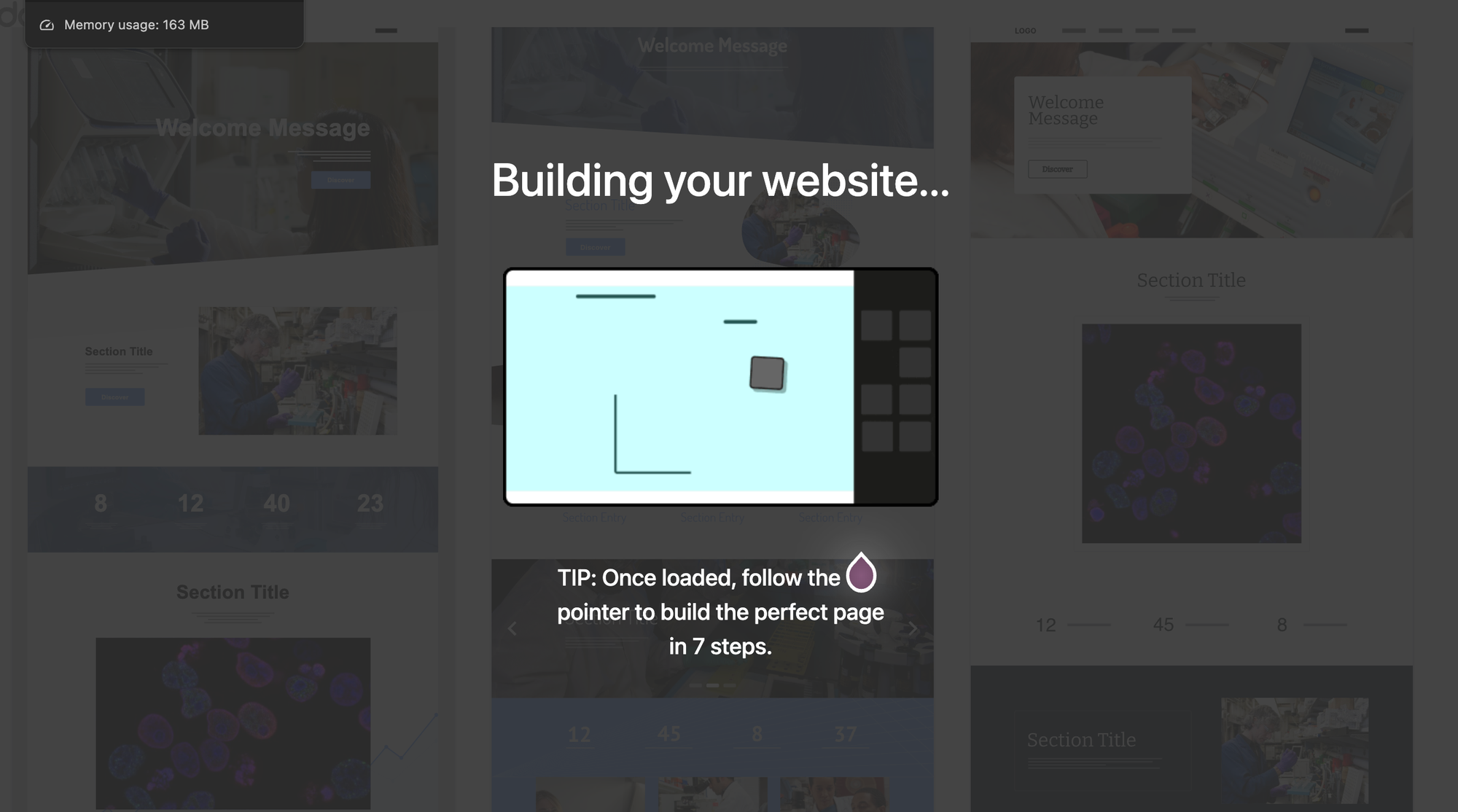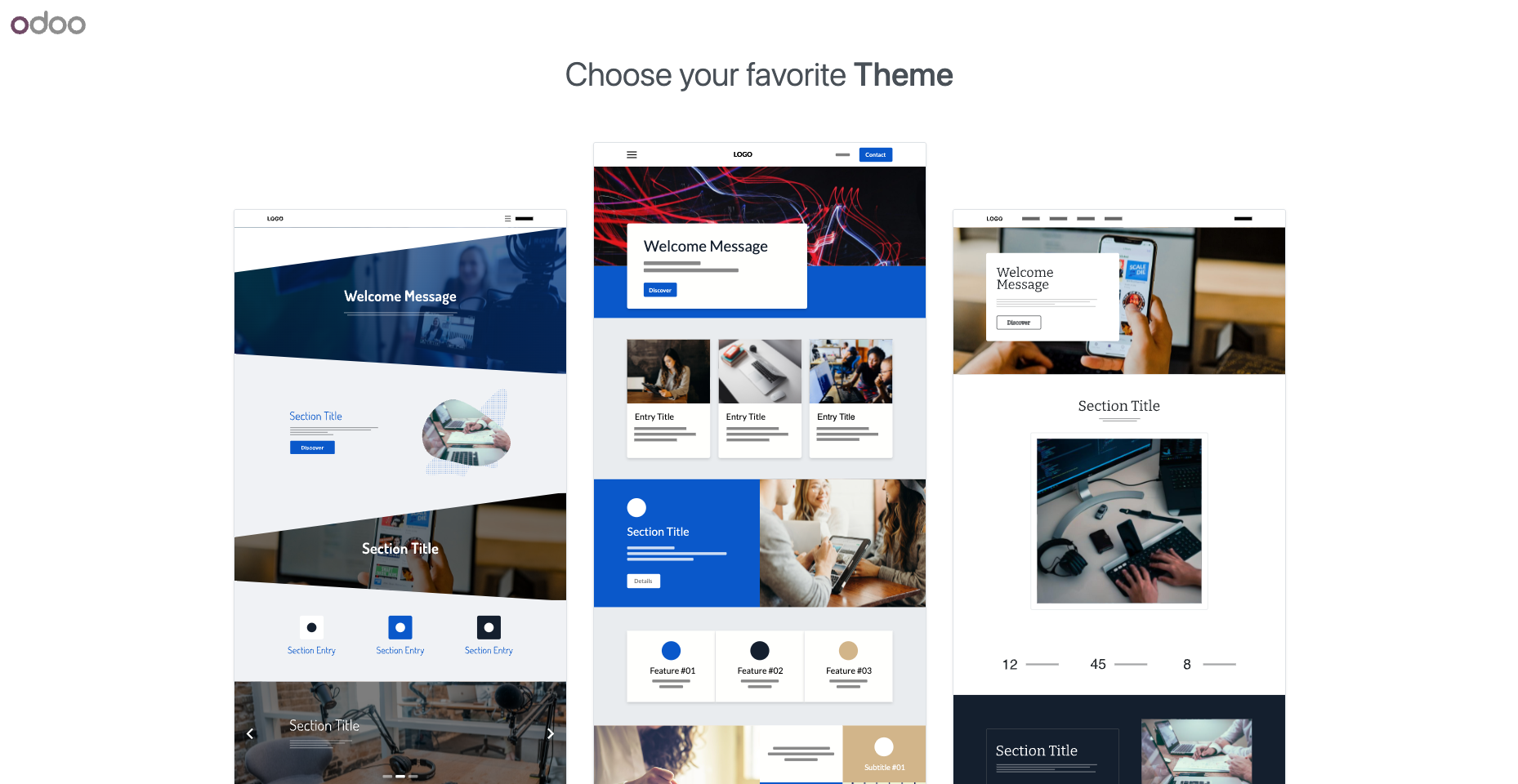Why Startups Should Build Ecosystems, Not Just Products
Table of Content
After spending years shuffling between healthcare and tech, one question haunted me: Products or services? Many argue for blending the two, attaching services to products or vice versa.
But here’s the reality: neither model scales as effectively as building an ecosystem that supports both. Think beyond what you offer now — build a system others can build on.
Product or Service? Think Ecosystem, Note for Startups: Products Fade, Ecosystems Scale
The Power of Ecosystems in Action
1. Telegram vs. WhatsApp
Telegram's open and flexible Bot API lets developers create bots and apps effortlessly. I’ve built dozens for clients and personal use. WhatsApp? Limited. Their closed system stifles creativity and scalability.
The result: Telegram thrives as a platform, WhatsApp remains just an app.


2. Shopify
Shopify isn’t open-source yes, but its developer-friendly approach lets you create themes and apps to sell.
It’s not just a tool — it’s a marketplace. Businesses thrive within it, extending its functionality and reach.

3. Odoo and ERPNext
Odoo, an ERP solution, goes beyond ERP. It’s a platform for websites, apps, and custom add-ons. Its ecosystem fuels growth — developers use free add-ons to showcase their skills and attract clients. ERPNext is the rising challenger, with its Frappe framework enabling custom extensions.


4. ChatGPT
OpenAI saw the potential of custom GPTs. Now users create their own models and sell them in the ChatGPT marketplace. This isn’t just AI — it’s a platform for innovation.

5. WordPress
The ultimate ecosystem. Plugins, themes, custom development — WordPress empowers millions of users to build, extend, and profit. Its community drives growth. Ghost, though promising, hasn’t reached this level. I switched from WordPress to Ghost and constantly feel the gap: Ghost lacks that thriving ecosystem.
Lessons for Startups
Build for expansion. Whether you’re launching a SaaS tool, an app, or a service, ask:
- Can developers extend this?
- Can businesses build on top of it?
- Does it attract a community?
A closed product might make you money today. An open ecosystem scales you into tomorrow.
Recommendations for Startups:
- Make it Extensible: APIs, plugins, themes — give users ways to extend your product.
- Foster Community: Encourage developers and users to collaborate, share, and innovate.
- Balance Control and Freedom: Like Shopify or Telegram, provide structure but allow creativity.
- Think Long-Term: Ecosystems grow slower than products, but their impact lasts longer.
Final Thoughts
Meteor had potential in 2013. Packages could’ve evolved into a full ecosystem — but didn’t. Ghost risks the same fate if it doesn’t open up. Learn from these examples. Scalability lies not in what you build, but in how others can build on you.
















